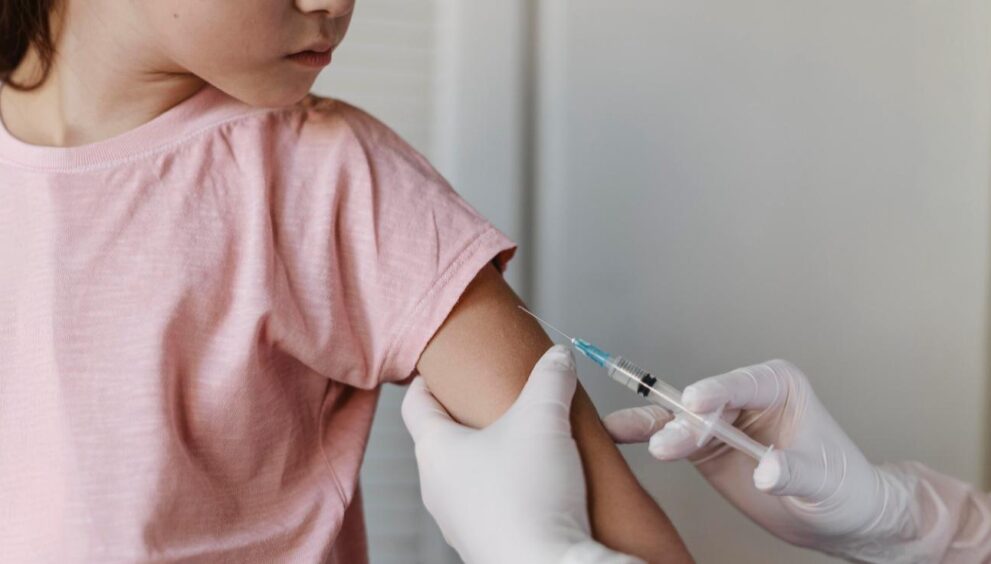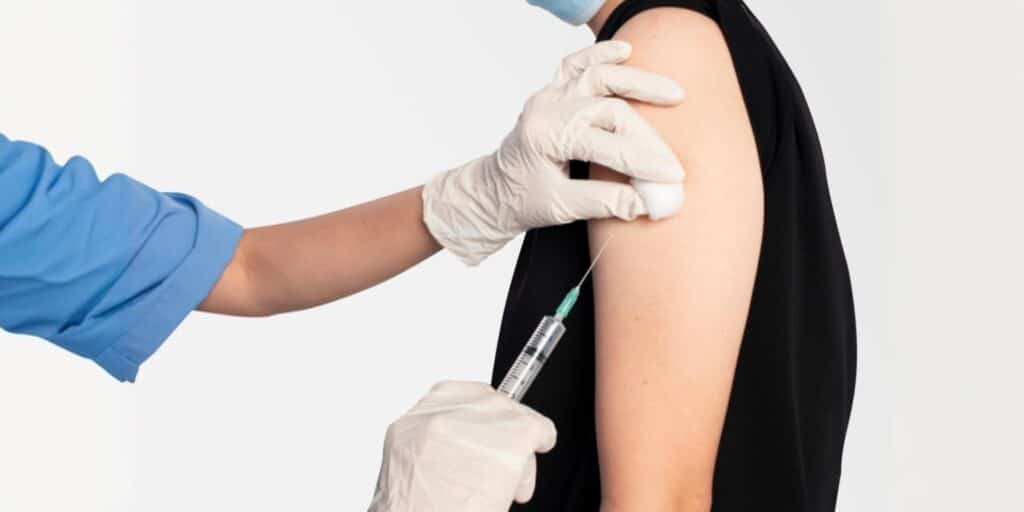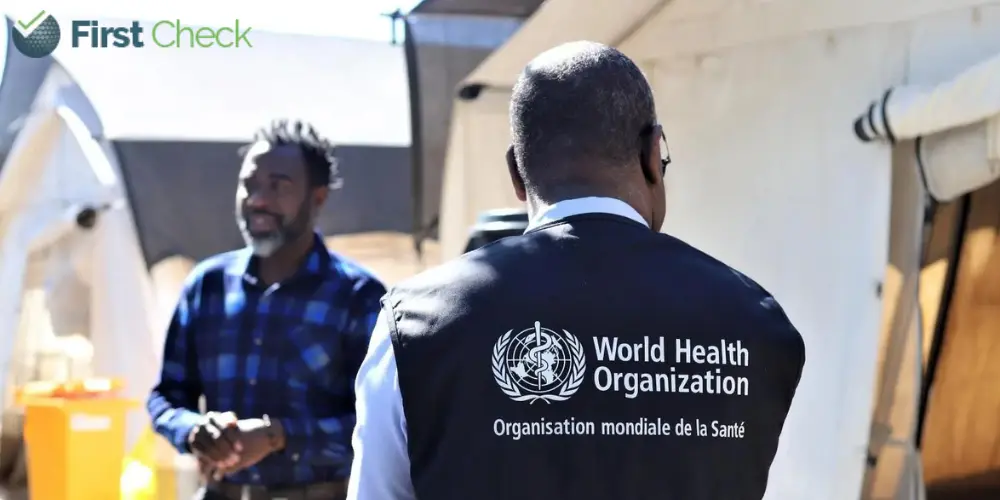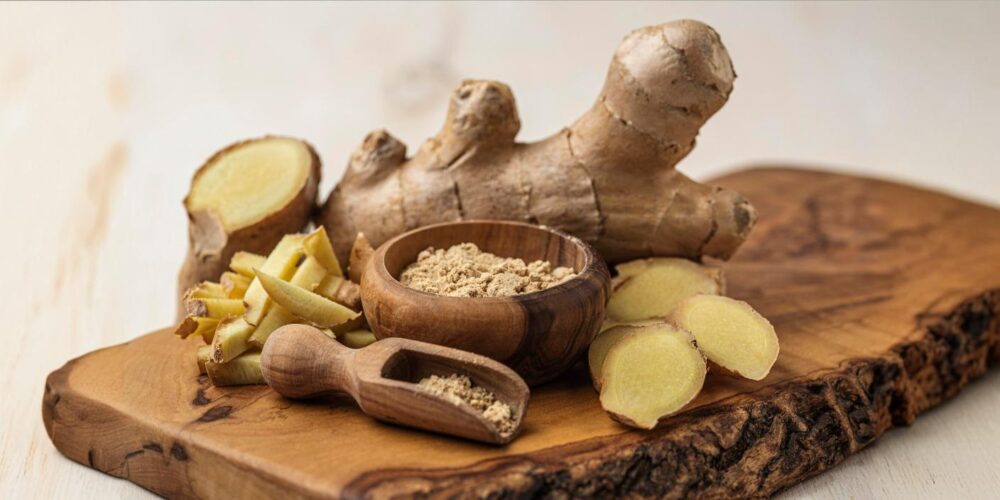Immunization Week 2025: Have you taken all the required vaccines before turning 18? Here’s what you need to know
India’s immunization journey begins at birth with BCG, Hepatitis B, and polio drops — within the first 24 hours
Author
Author
- admin / 10 months

- 0
- 4 min read

Author
Vaccines are more than just a childhood milestone or a scar on our elders’ arms in India, where infectious diseases have historically posed serious health threats. They are a lifelong defense against fatal diseases that have the potential to cripple us.
But do you know all the necessary vaccines one should get before turning 18?
First Check spoke to Prof (Dr) Narinder K Mehra, an acclaimed immunologist, and a former dean of research at AIIMS, New Delhi to understand the various stages of inoculation in India.
India’s vaccination program, Dr Mehra said, starts at birth, with oral polio drops and BCG for tuberculosis administered in the delivery room.
India has a Universal Immunization Programme (UIP), through which children receive protection against twelve life-threatening diseases, including measles, diphtheria, pertussis, tetanus, hepatitis B, polio, tuberculosis, encephalitis to mention the major ones.
“Vaccination is crucial after the birth takes place. The first vaccines given to the child are so important. This is the major reason why infant mortality rate has gotten so reduced in India. India’s infant mortality rate used to be way higher before the 2000s but what we’ve achieved over the past 20 years has been nothing short of a miracle,” Dr Mehra said.

“Right at birth, there are three main vaccines, BCG, which protects against tuberculosis, the first dose of Oral Polio Vaccine, the polio drops, and the birth dose of Hepatitis B. These are given usually within the first 24 hours,” he explained.
Dr Mehra continued: “Six weeks after birth, we give another set of vaccines, the first dose of Pentavalent vaccine, which covers five diseases: diphtheria, whooping cough, tetanus, hepatitis B, and Hib. Then we give the first dose of Rotavirus vaccine, followed by the first dose of Inactivated Polio Vaccine, and finally the first dose of Pneumococcal vaccine. This protects against pneumonia and meningitis.”
The schedule, according to the immunologist, is designed to build the child’s immunity at the right time.
“Giving these together is standard practice and helps protect against multiple diseases early on. The Polio, Pentavalent and Rotavirus virus are given twice more, at 10 and 14 weeks of age, multiple doses,” he said.
Adolescents Need Vaccines Too
Adolescence and early adulthood are as important a time to get vaccinated as childhood.
“To ensure ongoing protection against these potentially fatal diseases, particularly as young people become more active and prone to injuries, the tetanus-diphtheria (Td) booster is advised at age 10 and again at age 16. Given that a rubella infection during pregnancy can result in serious birth defects, adolescents also need to receive the measles-rubella (MR) vaccine,” Dr Mehra said.
Optional But Important: What Else to Consider
The immunologist also touched upon some of the important vaccines which at the moment are not compulsory, “There are some optional vaccines available like the chickenpox vaccine, Hepatitis A, Influenza, and HPV for girls. These aren’t part of the vaccination schedule yet, but certain vaccinations such as HPV is being given immense focus at the moment,” he said.
Similarly, the Human Papillomavirus (HPV) vaccine is advised for teenage girls (and increasingly for boys) to prevent cervical cancer, a disease that kills thousands of Indians each year. Data shows that nearly 80,000 women died in India in 2023 due to cervical cancer. The HPV vaccine, which is best administered between the ages of 9 and 14, is a tried-and-tested method of lowering this burden.
The COVID-19 pandemic has also drawn attention to the significance of adult vaccination. Vaccines are now advised for all eligible age groups.
Also read: WHO 2024 report: Immunization saves 154 million lives, Noncommunicable Diseases surge – First Check










